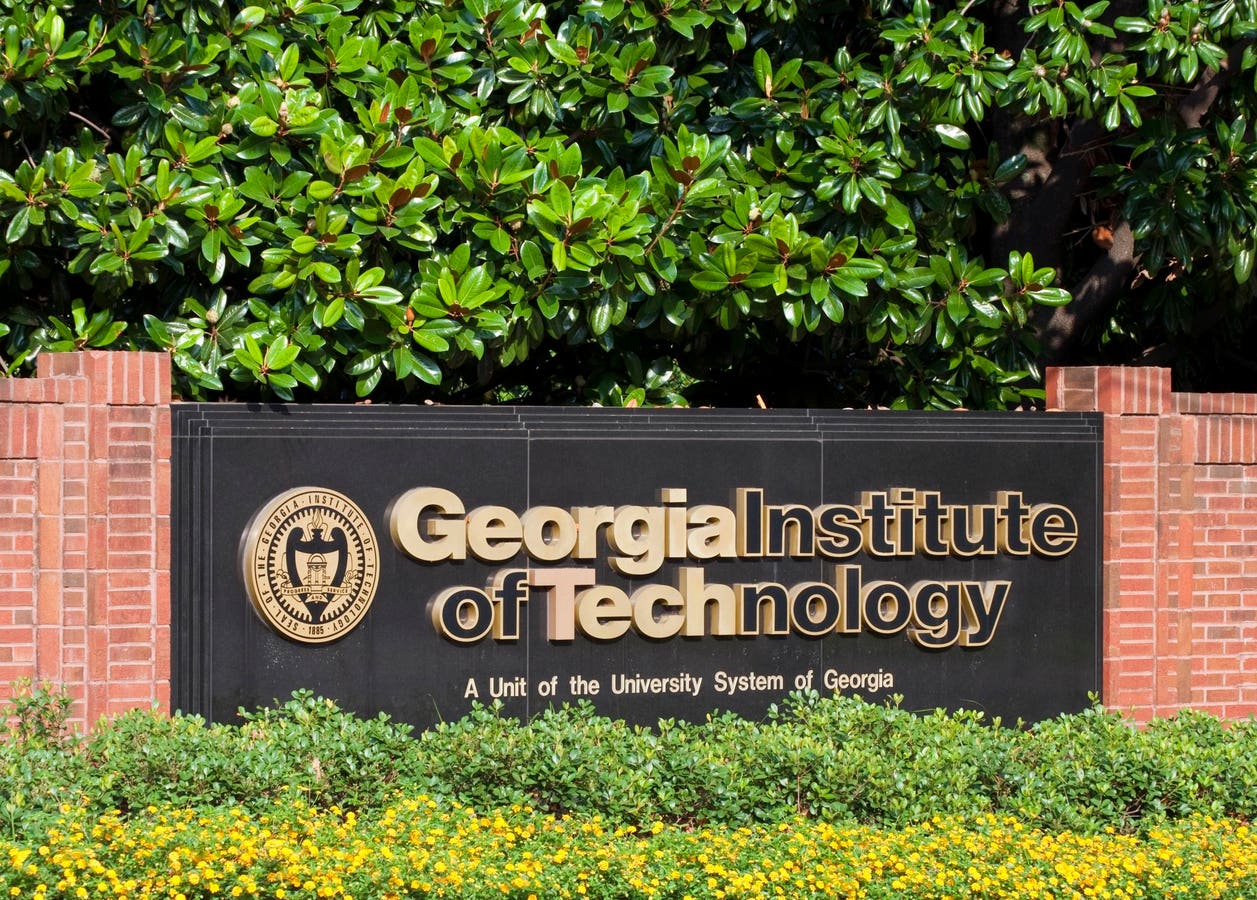The Georgia Institute of Technology is building a new supercomputer that will advance the nation’s … More
The National Science Foundation has awarded the Georgia Institute of Technology $20 million to lead the construction of a new supercomputer — named Nexus — that will use artificial intelligence to advance scientific breakthroughs.
According to the NSF announcement of the award, Nexus will provide “a critical national resource to the science and engineering research community.” It will function “both as a standalone platform and as a gateway to effectively utilizing other national resources, significantly accelerating AI-driven scientific discovery.”
Nexus is expected to advance American leadership in artificial intelligence, growing the nation’s capacity in “diverse areas of science and engineering, enabling breakthrough discoveries, increasing economic competitiveness, and advancing human health.”
“Georgia Tech is proud to be one of the nation’s leading sources of the AI talent and technologies that are powering a revolution in our economy,” said Georgia Tech President Ángel Cabrera, in the university’s announcement. “It’s fitting we’ve been selected to host this new supercomputer, which will support a new wave of AI-centered innovation across the nation. We’re grateful to the NSF, and we are excited to get to work.”
Nexus will have enormous computing capacity. According to Georgia Tech, it will:
- be able to perform “400 quadrillion operations per second — the equivalent of everyone in the world continuously performing 50 million calculations every second.”
- have 330 trillion bytes of memory, enabling it to solve complex problems and process giant datasets.
- contain 10 quadrillion bytes of flash storage, equal to a column of paper “reaching 500,000 km high — enough to stretch from Earth to the moon and a third of the way back.”
“The Nexus system’s novel approach combining support for persistent scientific services with more traditional high-performance computing will enable new science and AI workflows that will accelerate the time to scientific discovery,” said Katie Antypas, NSF’s director of the Office of Advanced Cyberinfrastructure. “We look forward to adding Nexus to NSF’s portfolio of advanced computing capabilities for the research community.”
Georgia Tech will construct Nexus in partnership with the National Center for Supercomputing Applications at the University of Illinois Urbana-Champaign, home to several of the country’s top academic supercomputers.
The two universities will establish a new high-speed network, creating a national research infrastructure available for use by U.S. researchers, who will be able to apply for NSF support to access the supercomputer.
“Nexus is more than a supercomputer — it’s a symbol of what’s possible when leading institutions work together to advance science,” said Charles Isbell, chancellor of the University of Illinois and former dean of Georgia Tech’s College of Computing. “I’m proud that my two academic homes have partnered on this project that will move science, and society, forward.”
Plans call for construction to begin this year, with completion expected by spring 2026. Georgia Tech will manage Nexus, provide support, and reserve up to 10% of its capacity for its own campus research.
“This is a big step for Georgia Tech and for the scientific community,” said Vivek Sarkar, the John P. Imlay Dean of Computing. “Nexus will help researchers make faster progress on today’s toughest problems — and open the door to discoveries we haven’t even imagined yet.”
